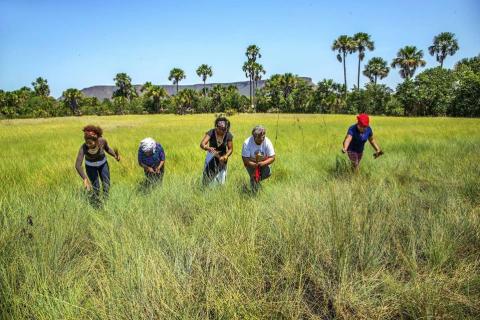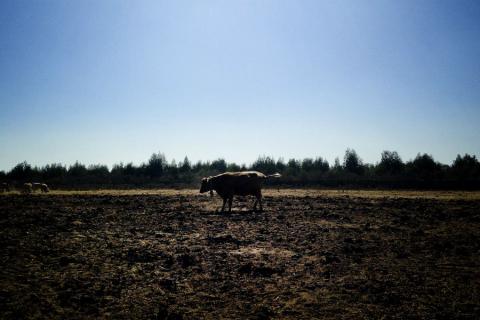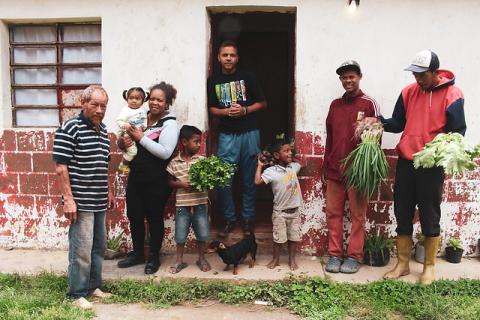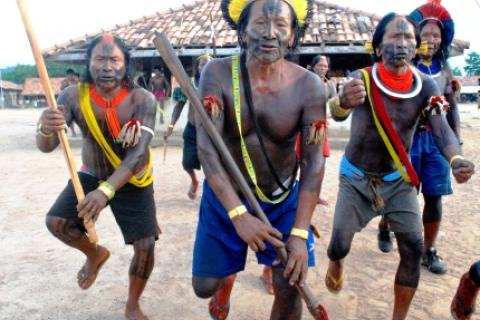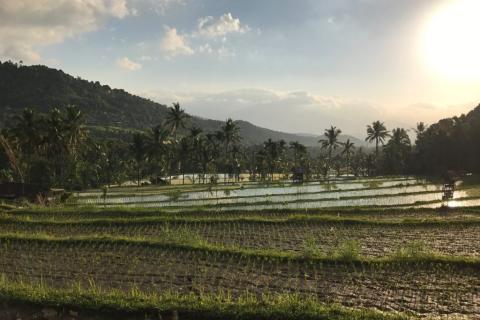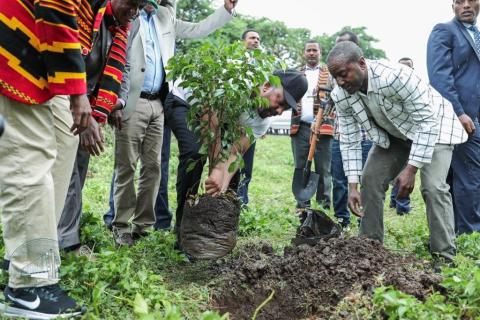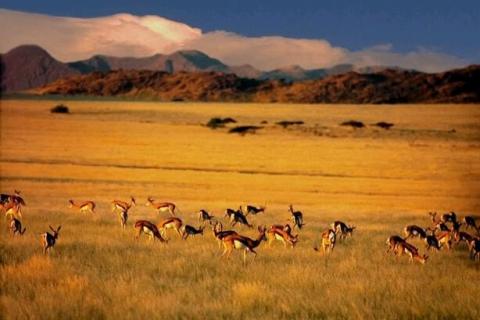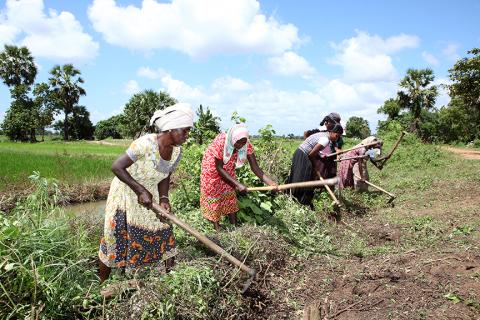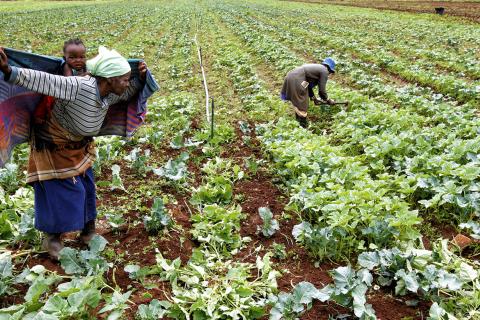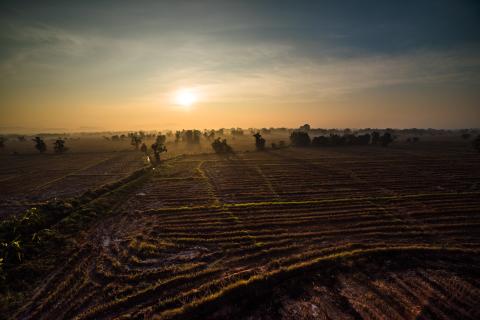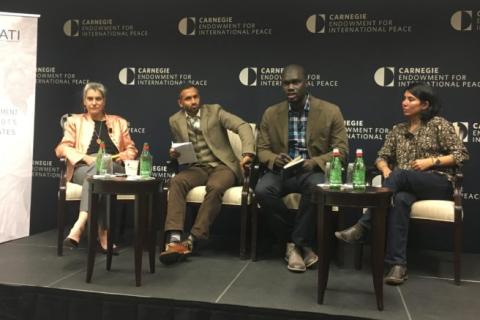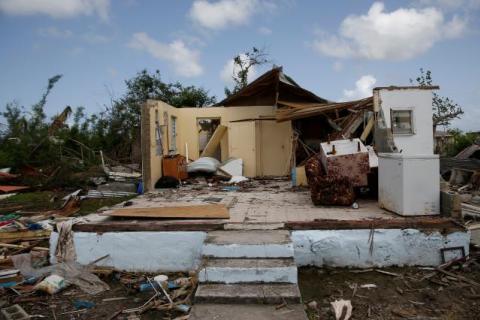O fim do paraíso do gado. Como a seca e pecuária comercial expõem dezenas de milhares de pessoas à fome em Angola
Por Jéssica Sousa
Este relatório documenta como, nas últimas duas décadas após a guerra civil, a invasão de criadores comerciais de gado nas pastagens tradicionais da Tunda dos Gambos e Vale do Chimbolela tem erodido a resiliência económica, social e cultural, nomeadamente a segurança alimentar, entre os povos Vanyaneke e Ovaherero em Gambos, Angola.
Na Venezuela, comuna de camponeses enfrenta guerra econômica por meio da agroecologia
Suicídio ecológico e ecocídio indígena e de ribeirinhos
Por Manuela Carneiro da Cunha
Em maio deste ano, um grupo de cientistas independentes foi reunido pelo Ministério Público Federal (MPF), em Brasília, para avaliar a situação da vazão do Rio Xingu, especialmente no trecho chamado de Volta Grande. "É um suicídio ecológico", declarou Jansen Zuanon, um eminente especialista de peixes e líder do grupo. "É também um etnocídio, que tudo indica decorrer da corrupção envolvida em Belo Monte", disse a procuradora Thais Santi, de Altamira.
Contra as mudanças climáticas, um retorno a práticas milenares
Na Indonésia e Sudeste Asiático, produção de arroz sofre com a mudança no padrão de chuvas e entidades internacionais temem que uma das bases da alimentação mundial possa passar por problemas, com um impacto social e na violência. IPCC apela para que governos escutem povos tradicionais e indígenas na gestão de terras.
Etiópia planta 353 milhões de árvores em um dia. Como isso pode ajudar o planeta?
Tanta potencialidade para...pouco
We want peasants
This week in Geneva, the Human Rights Council is expected to take a position on the follow-up to a draft Declaration on the Rights of Peasants and Other Persons Working in Rural Areas. Five years after the start of the negotiations, we are at a turning point.
We cannot wait indefinitely – interim options for land reform
The failure to secure the property rights of rural communities shows a clear policy gap between citizens and rights to land as per the Constitution and the attitude and practices of the state, traditional leaders, white farmers and mining companies in relation to such rights.
Absent from the discourse spurred by the motion passed in the National Assembly on 27 February is what could be achieved in the interim for land reform programme using existing legislation while the country awaits a verdict on the constitutional amendment to determine whether is possible to expropriate land w
Second Regional Land Forum opens with Data and Technology Showcase Event
The Second Regional Land Forum kicked off in Bangkok, Thailand in the early morning of May 28th and the opening session was certainly one to remember! Live drones, talk of big data and using NASA related technology to propel land rights forward, were but a few of the impressive topics on the table. Participants gathered to hear a variety of ‘flash talks’, quick yet effective pitches about notable initiatives relating to data, technology and land rights.
Podcast: Can Legal Empowerment Change Power Dynamics?
Access to justice is a key governance concern in developed and developing countries alike. Community legal workers aim to help poor or comparatively powerless people defend themselves against land grabs, obtain public services, and challenge corruption. Can this bottom-up approach counter powerful interests seeking to entrench their control? Can legal empowerment help respond to rising authoritarianism and repression of civil society?
Barbudan land ownership: a 200-year-old freedom put at risk following Hurricane Irma
On Wednesday, 6 September 2017, Barbuda, the less known sister isle of the popular resort island of Antigua, bore the full brunt of Hurricane Irma as it struck the Leeward Islands of the Eastern Caribbean. The island suffered near total destruction: 95% of the island’s buildings were damaged, 60% of the population were rendered homeless, and a 2-year-old child was tragically killed. Antigua, on the older hand, was relatively untouched.

